-
×
 Hidden Tempo – Comprehensive AI Training for Copywriters | Digital Download
1 × $45.00
Hidden Tempo – Comprehensive AI Training for Copywriters | Digital Download
1 × $45.00 -
×
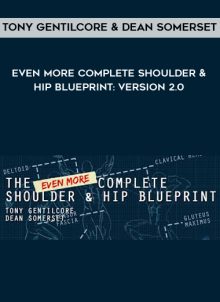 Even More Complete Shoulder & Hip Blueprint: version 2.0 by Tony Gentilcore & Dean Somerset
1 × $47.00
Even More Complete Shoulder & Hip Blueprint: version 2.0 by Tony Gentilcore & Dean Somerset
1 × $47.00 -
×
 Plein Air, Painting the American Landscape - Alaska Episodes
1 × $29.90
Plein Air, Painting the American Landscape - Alaska Episodes
1 × $29.90 -
×
 Tube PowerHouse 2.0 from Jon Penberthy
1 × $37.00
Tube PowerHouse 2.0 from Jon Penberthy
1 × $37.00 -
×
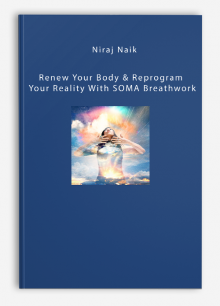 Niraj Naik - Renew Your Body & Reprogram Your Reality With SOMA Breathwork
1 × $95.00
Niraj Naik - Renew Your Body & Reprogram Your Reality With SOMA Breathwork
1 × $95.00
Subtotal: $253.90

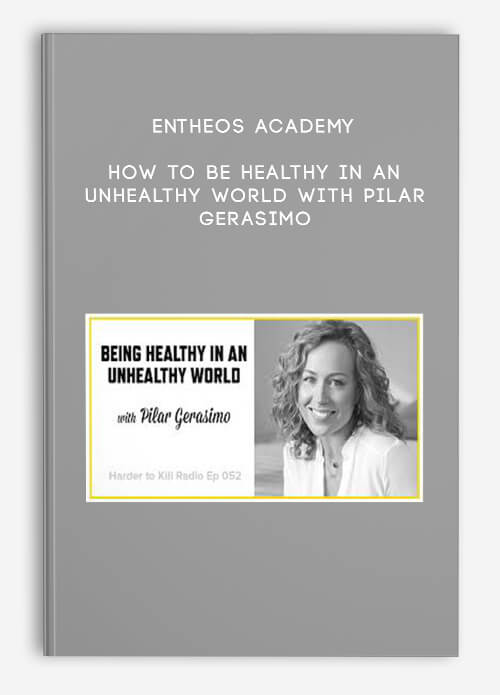
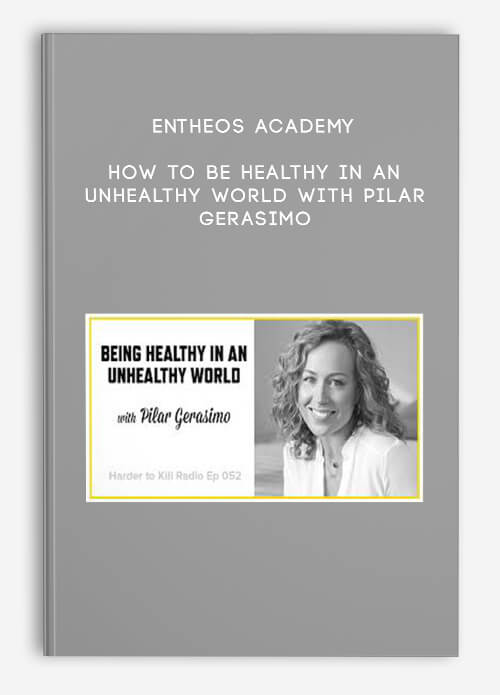
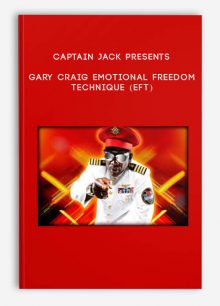


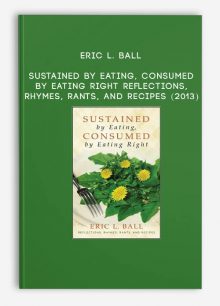
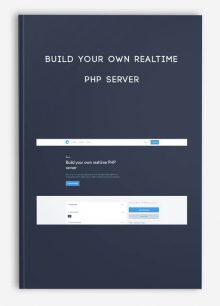

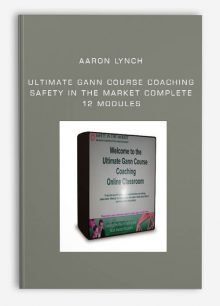
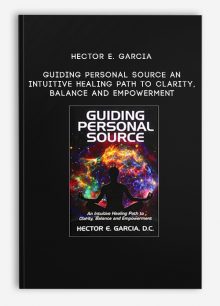
Reviews
There are no reviews yet.